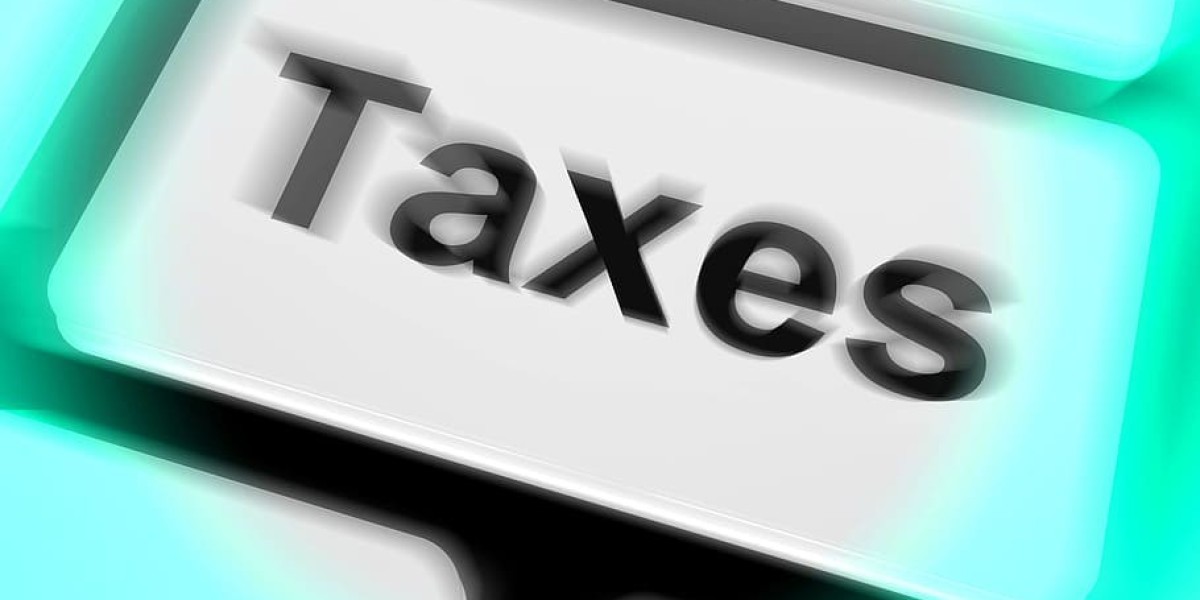Australia treats cryptocurrencies as property, not currency, for tax purposes. This means that transactions involving cryptocurrencies are subject to capital gains tax (CGT). Whether you're buying, selling, or trading cryptocurrencies, you may have tax obligations.
In addition to understanding the intricacies of cryptocurrency taxation, it's also crucial to consider the regional aspects of crypto transactions. For those residing in the beautiful Mable Sunshine Coast area of Australia, crypto taxation follows the same national guidelines outlined in this guide.
Whether you're in bustling urban centers or enjoying the serene coastal lifestyle of Mable Sunshine Coast, the principles of accurate record-keeping, reporting to the Australian Taxation Office (ATO), and staying informed about tax regulations remain consistent. So, whether you're in Sydney, Melbourne, or the stunning Mable Sunshine Coast, ensure you're well-versed in crypto tax compliance to enjoy your digital investments with peace of mind.
Taxable Events and Capital Gains
Taxable events in the world of crypto can include selling your digital assets, converting them into other cryptocurrencies, or using them to purchase goods and services. Each of these actions may trigger a capital gains event, and you should be aware of their tax implications.
Keeping Accurate Records - Accurate record-keeping is crucial when dealing with cryptocurrencies. You should maintain detailed records of all your transactions, including dates, amounts, and parties involved. This information will be vital when calculating your capital gains.
Cryptocurrency as Income - If you receive cryptocurrency as payment for goods or services, it's considered income. You'll need to report this as part of your taxable income, and it will be subject to regular crypto tax.
Capital Gains Tax (CGT) in Detail - CGT applies to the profit you make when you dispose of a cryptocurrency. This can happen when you sell it, trade it for another cryptocurrency, or use it to purchase goods. The tax rate varies depending on how long you held the cryptocurrency.
Calculating Capital Gains - To calculate your capital gains, you'll need to find the difference between the purchase price and the selling price. This applies to each cryptocurrency you dispose of during the tax year.
Holding Period and Discount - If you hold a cryptocurrency for more than 12 months, you may be eligible for a CGT discount. This can significantly reduce your tax liability, making long-term investments more attractive.
Reporting to the Australian Taxation Office (ATO)
The ATO requires individuals and businesses to report their cryptocurrency transactions. Failure to do so can result in penalties and audits. It's essential to stay compliant with tax regulations.
Cryptocurrency Mining and Taxation - Mining cryptocurrencies is considered a business activity in Australia. As such, it's subject to income tax. You'll need to report the coins you mine as income when they are received.
Tax Implications of NFTs - Non-fungible tokens (NFTs) have gained immense popularity. When you buy or sell NFTs, they are also subject to CGT, similar to other cryptocurrencies.
Cryptocurrency Trading and Day Trading - Frequent trading and day trading of cryptocurrencies can lead to complex tax scenarios. Each trade can be a taxable event, and it's vital to keep records of these transactions.
Crypto-to-Crypto Transactions - Exchanging one cryptocurrency for another is considered a taxable event. You must calculate the capital gains or losses for each trade.
Tax Deductions and Offsetting Losses - You can offset capital losses from cryptocurrency against capital gains from other investments. It's important to explore these options to reduce your overall tax liability.
Tax Compliance and Penalties - Failing to comply with cryptocurrency tax regulations can result in penalties and interest charges. It's crucial to stay informed and meet your tax obligations promptly.
The Future of Crypto Taxation - The world of cryptocurrency is constantly evolving, and so are tax regulations. Stay updated on any changes in tax laws and seek professional advice when needed to ensure you are compliant with the latest regulations.
Navigating cryptocurrency taxation in Australia can be complex, but with the right knowledge and record-keeping, you can fulfill your tax obligations efficiently. Remember to report your transactions accurately and seek guidance from tax professionals if needed.








